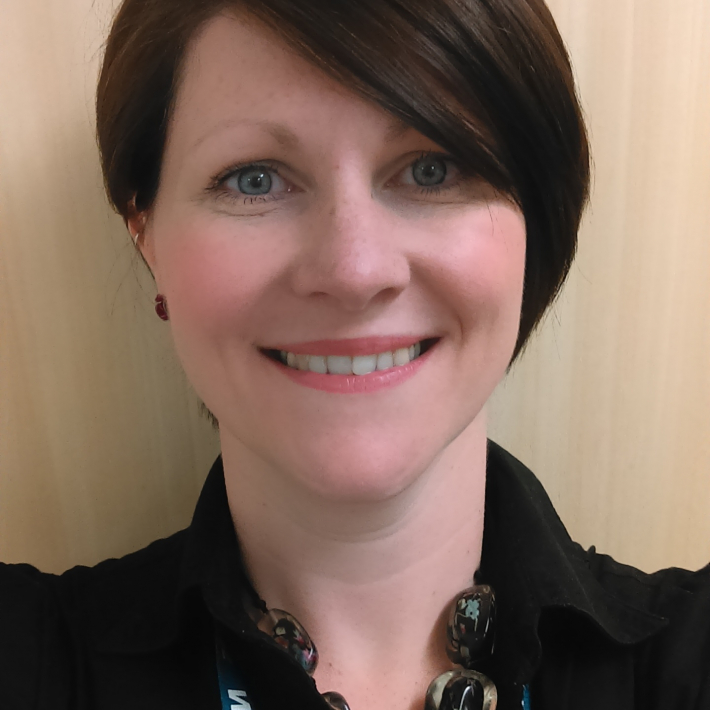Real-life story - Helen Bethell
Helen always loved science and volunteered in various caring roles when she was at university. A lecture from a genetics counsellor in the first year of her degree helped her decide on a career as a genetic counsellor herself.

The best bit of my job is the satisfaction that comes from helping patients come to a truly informed decision.